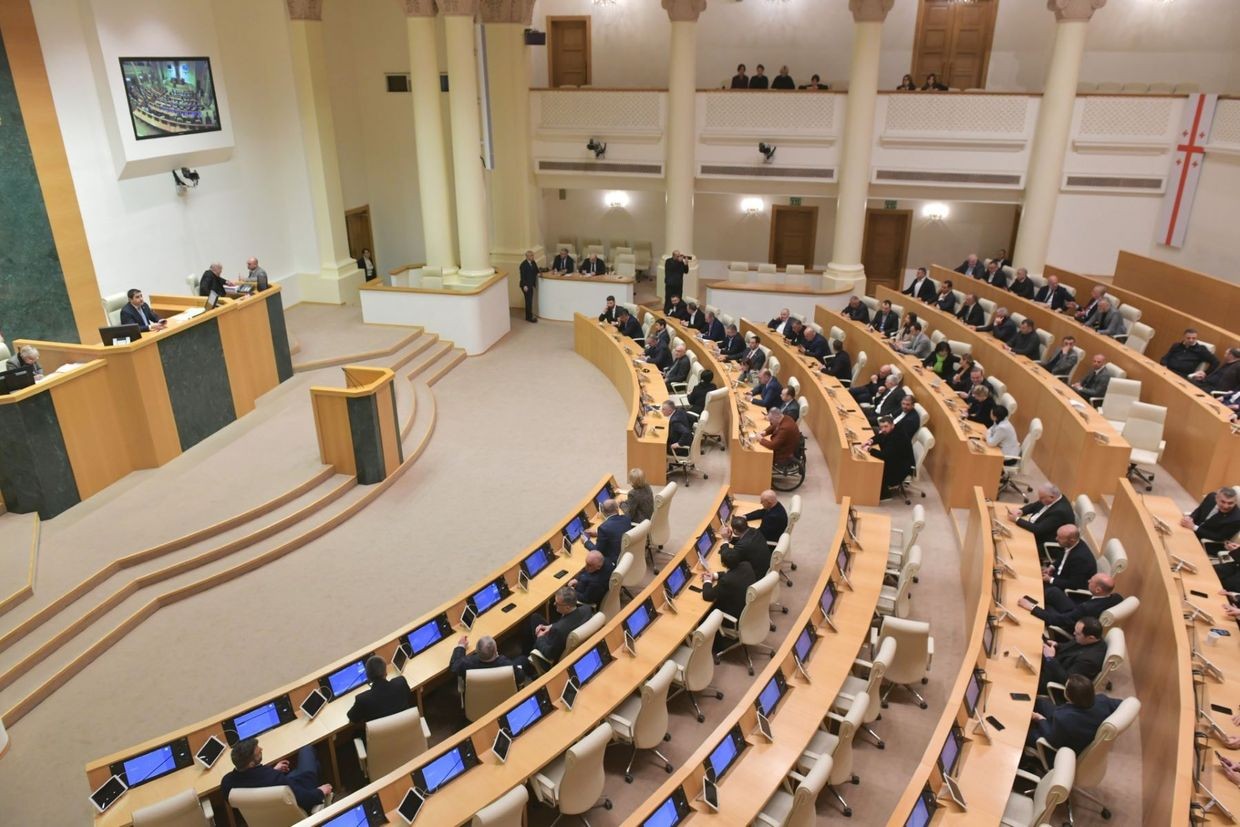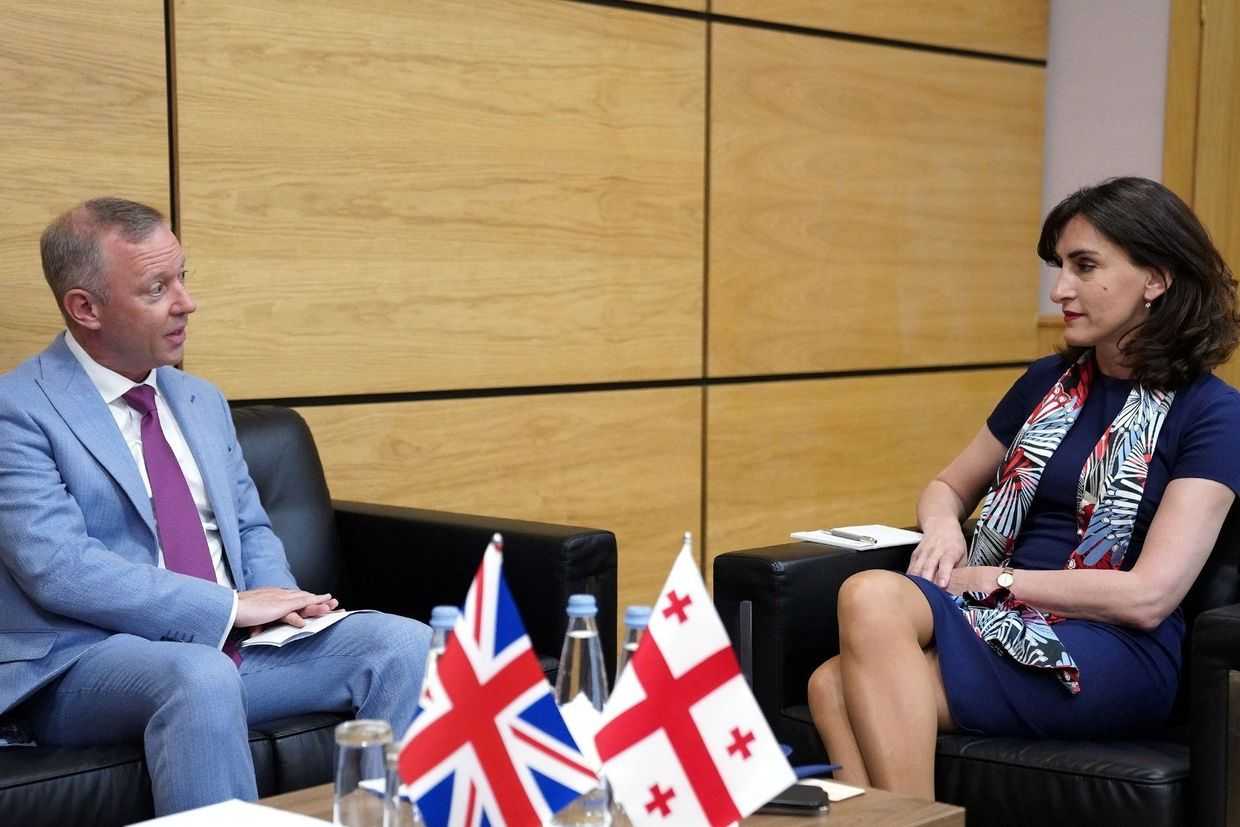
Georgia’s ruling party has initiated a legislative package in Parliament to remove the mandatory participation of civil society organisations in all public decision-making processes.
In Monday’s legislative session, the Georgian Parliament registered a legislative package which envisages amendments to be made to 14 laws.
The legislative package’s explanatory note claimed that ‘the participation of non-governmental organisations in the public decision-making process hinders the effective implementation of state governance’.
‘A large part of NGOs are funded from abroad, therefore they are organisations that carry out the interests of the funding states and organisations’, the note said.
‘Based on the above, their actions in the public decision-making process are not based on the interests of the local community, but rather they serve the political and economic agenda of external forces’.
‘Although NGOs can participate in public processes and offer ideas, their mandatory involvement in the development of state policy and public decision-making may threaten the sovereignty of the country and the transparency of democratic processes’, the note added.
The ruling Georgian Dream party and its satellites in parliament have been criticising and campaigning against various civil society organisations for years.
In May 2024, amid mass protests in Georgia, the parliament adopted a controversial foreign agent law, which also restricts both civil society organisations and the media.
The law labels any civil society or media organisation that receives at least 20% of its funding from abroad ‘organisations carrying out the interests of a foreign power’. Such organisations are subject to monitoring every six months, which lawyers have warned could include forcing them to hand over internal communications and confidential sources. Organisations that do not comply are subject to large fines.
According to the legislative package initiated in parliament on Monday, civil society organisations will no longer be automatically involved in making decisions that concern the election of members of the Prosecutorial Council, candidates for membership of the Disciplinary Board of Judges of the General Courts of Georgia, members of the Central Election Commission, and in ‘the process of making other important public decisions’.
As the majority of Georgia’s opposition parties that gained seats in the 2024 parliamentary elections have since boycotted their participation in government, Georgian Dream is moving forward with its legislative agenda unimpeded. On 5 February, with the absence of any opposition MPs in parliament, three members of Georgian Dream — Ilia Inzhia, Varlam Liparteliani, and Nika Elisashveli — resigned from the ruling party to create a ‘healthy opposition’ faction within parliament.











